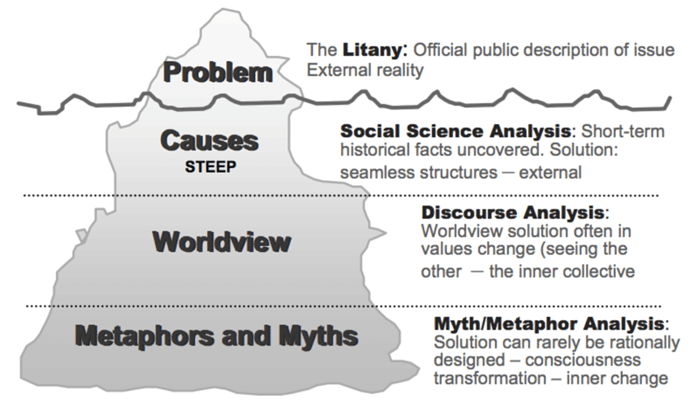After all, I do not think that my remarks about religion made much impression upon Queequeg. Because, in the first place, he somehow seemed dull of hearing on that important subject, unless considered from his own point of view; and, in the second place, he did not more than one third understand me, couch my ideas simply as I would; and, finally, he no doubt thought he knew a good deal more about the true religion than I did. He looked at me with a sort of condescending concern and compassion, as though he thought it a great pity that such a sensible young man should be so hopelessly lost to evangelical pagan piety
— https://etc.usf.edu/lit2go/42/moby-dick/662/chapter-17-the-ramadan/
I’ll go so far as to introduce this as a Matter of Great Concern, which seems to be rediscovered here and there in fragmentary ways.
In the case of Peeragogy, we have collected many reflections using the following template:
1. Review the intention: what do we expect to learn or make together?
2. Establish what is happening: what and how are we learning?
3. What are some different perspectives on what’s happening?
4. What did we learn or change?
5. What else should we change going forward?
These are useful for maintaining a kind of “mindfulness” practice, which helps out meetings be “working meetings” and creates a sense of forward movement. That’s great, in itself.
HOWEVER, we have not yet analysed the traces so-generated to produce bigger structural change. We did learn about one method that could probably be very useful: Causal Layered Analysis. (I’m sure there are others.)
— The CLA Iceberg. Source: Inayatullah, Sohail, Appendices, The Causal Layered Analysis Reader, Theory and Case Studies of an Integrative and Transformative Methodology, Eds. Sohail Inayatullah, Tamkang University Press, Taiwan, p. 544.
What seems missing beyond such templates is to attach them to a “pulse”. But this seems to be a problem we can pretty easily solve…

